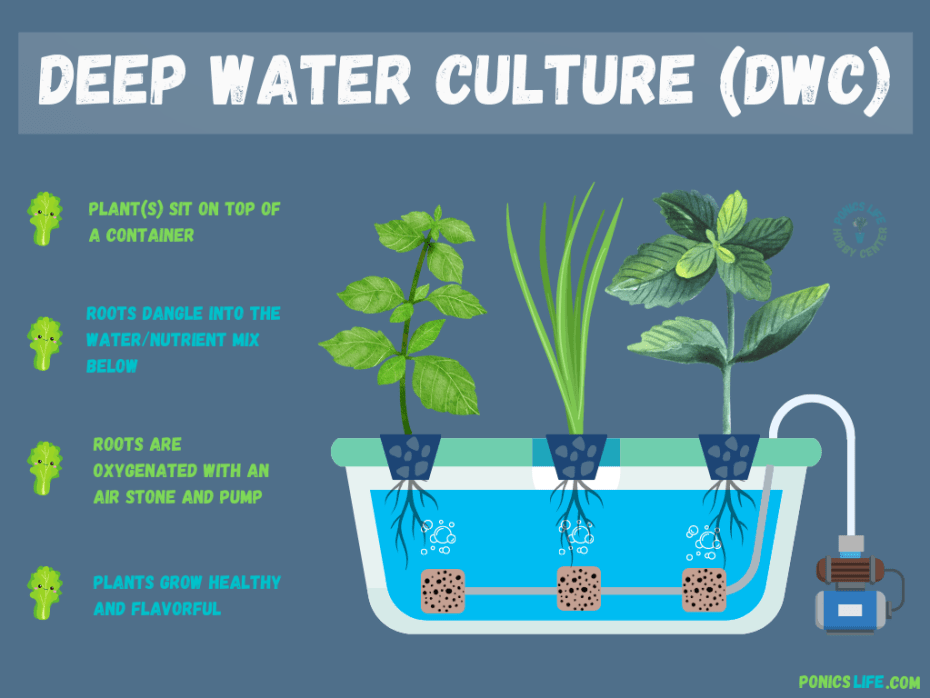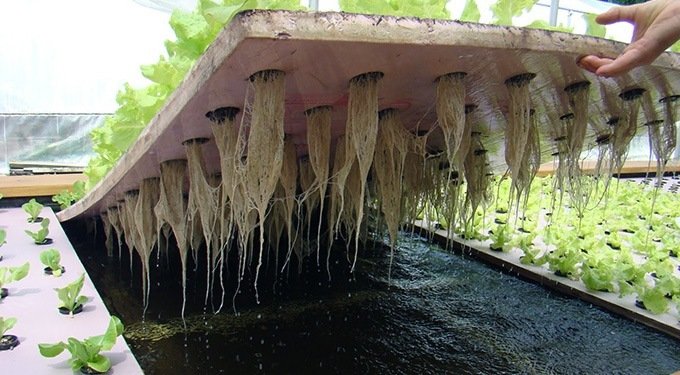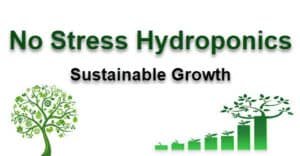You’ve probably heard of hydroponics, but have you ever explored the benefits of Deep Water Culture (DWC) within this innovative technique? DWC is a fascinating method that involves suspending plant roots in nutrient-rich water and providing them with a constant supply of oxygen. This unique approach to hydroponics offers a range of advantages, including rapid plant growth, increased nutrient uptake, and efficient use of space. In this article, we’ll take a closer look at the incredible benefits that DWC brings to the world of hydroponics. So, get ready to dive into the world of DWC and discover how it can revolutionize your gardening experience!
Understanding Deep Water Culture (DWC)
Deep Water Culture (DWC) is a hydroponic system that involves suspending plant roots in a nutrient-rich solution. Unlike traditional hydroponics which use a growing medium to support the roots, DWC allows the roots to directly access oxygen, water, and nutrients. This method creates an optimal growing environment for plants and offers several advantages over traditional soil-based cultivation.
In DWC systems, the key components include a reservoir to hold the nutrient solution, an air pump to oxygenate the solution, and a platform or raft to support the plant roots. The roots hang down into the nutrient solution, allowing them to absorb water and nutrients at a highly efficient rate. This direct access to oxygen and nutrients promotes rapid plant growth and enables greater control over the growing conditions.
Nutrient Uptake Efficiency in DWC
One of the main benefits of using DWC systems is the high nutrient uptake efficiency. The oxygenation of the nutrient solution enhances the absorption of nutrients by the plant roots. Oxygen is essential for root respiration and nutrient uptake, leading to healthier and more robust plants. The constant availability of a nutrient-rich solution also promotes accelerated growth and development. Plants grown in DWC systems tend to exhibit larger and denser root systems, leading to increased nutrient uptake capacity.

Minimal Growing Medium
DWC eliminates the need for traditional growing mediums such as soil or peat moss. This reduction in growing medium not only saves space but also reduces the risk of soil-borne diseases and pests. The absence of soil also allows for easier inspection and monitoring of the roots. Additionally, without the need for bulky growing mediums, DWC systems are more cost-effective and require less maintenance.
Water Usage Efficiency in DWC
Water conservation is a significant advantage of DWC systems. As the plant roots are suspended in the nutrient solution, water usage is significantly reduced compared to traditional soil-based cultivation. The closed-loop system allows for the recycling and reuse of both water and nutrients, making DWC highly efficient in water usage. This aspect is particularly valuable in areas with water scarcity, where DWC can help mitigate the strain on local water resources.

Expanded Growth Potential
DWC is a versatile hydroponic system that can accommodate a wide range of plant species. From leafy greens and herbs to fruiting crops and flowers, DWC offers the flexibility to grow various plants. This adaptability makes it suitable for both indoor and outdoor cultivation. DWC systems can be scaled up or down, allowing for small-scale home gardens or large commercial operations. The ability to control the growing environment makes DWC ideal for urban farming and vertical farming, maximizing limited space.
Ease of System Control in DWC
Managing nutrient solutions in DWC systems is relatively simple and provides growers with greater control over plant nutrition. The nutrient levels can be easily adjusted and monitored, ensuring that plants receive the optimal balance of essential elements. pH control is also straightforward in DWC, as the suspended roots facilitate constant access to oxygen, which helps maintain a stable pH level. The simplicity of system maintenance further enhances the ease of control, making DWC accessible to growers of all experience levels.

Pathogen and Pest Management
The absence of soil in DWC systems significantly reduces the risk of soil-borne diseases and pests. Diseases commonly associated with soil, such as root rot and fungal infections, are minimized in DWC due to the lack of a suitable breeding ground. This reduction in disease risk translates to healthier plant growth and a decreased need for pesticides or fungicides. Furthermore, the oxygenation of the nutrient solution helps maintain root health and vitality, further contributing to disease prevention.
Impact on Environmental Sustainability
DWC systems offer several environmental benefits. Firstly, the reduction in land usage is substantial, as plants can be cultivated vertically or in compact spaces. This efficient use of space allows for higher crop yields while minimizing the overall land requirements. Secondly, DWC has the potential to reduce carbon footprints associated with conventional agriculture. By eliminating the need for transportation, packaging, and the use of chemical fertilizers, DWC promotes a more sustainable approach to food production. Lastly, DWC systems can be made from recyclable or reusable materials, further enhancing their environmental sustainability.

Community and Commercial Benefits of DWC
DWC has significant implications for both community and commercial settings. In urban farming and vertical farming, DWC offers a solution for growing fresh produce in limited spaces. Community gardens and school programs can benefit from the educational aspect of DWC, allowing participants to learn about sustainable agriculture and food production. At a commercial scale, DWC systems enable growers to produce high-quality crops with precise control over growing conditions. This scalability makes DWC an attractive option for entrepreneurs and established agricultural businesses alike.
Challenges and Drawbacks of DWC
While DWC offers numerous benefits, it is not without its challenges and drawbacks. One limitation is the need for constant electricity to power the air pump and aerators, which ensure sufficient oxygenation of the nutrient solution. Without power, the plants’ roots may become deprived of oxygen, leading to stunted growth or even plant death. Furthermore, the use of aerators can pose a risk of waterborne pathogens if not properly cleaned and maintained. Lastly, DWC relies heavily on accurate nutrient solutions, and imbalances or errors in nutrient formulation can have detrimental effects on plant health and growth.
In conclusion, Deep Water Culture (DWC) is a highly efficient and sustainable hydroponic system that offers numerous benefits in plant cultivation. From high nutrient uptake efficiency and reduced water usage to increased growth potential and ease of control, DWC provides an optimal environment for plant growth. While challenges exist, the advantages of DWC make it an attractive option for both small-scale and commercial growers. With its potential for environmental sustainability and community engagement, DWC is a promising technology that can revolutionize the future of agriculture.

